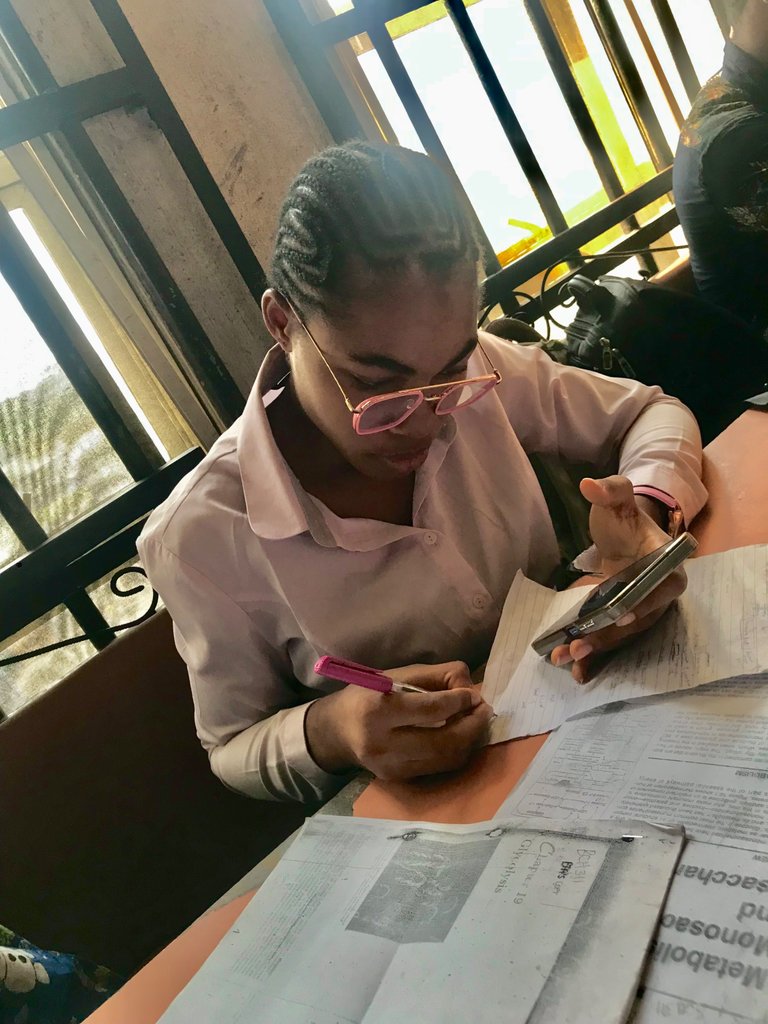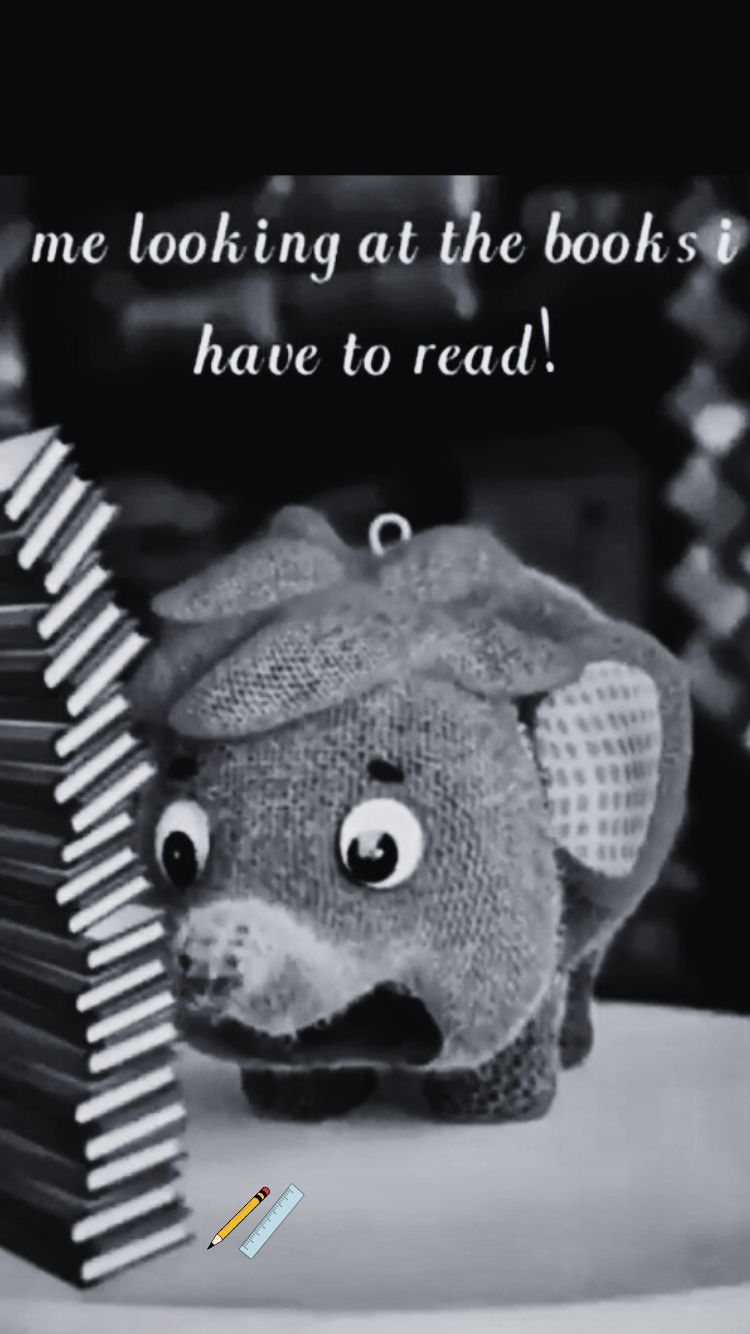SS Stress and Strenght

It was two weeks before exams when I realized I hadn’t done anything serious with my studies. I shouldn’t have been surprised because I had been procrastinating all month; I can’t study in the hot afternoon; I read better at night. When the night comes the wonderland beckons me before I can even read 2 of the 102 pages of a PDF. I would close my eyes and tell myself I would read in the morning, then shift again to the afternoon. And the cycle continues.
Reading this, you may think I don’t understand myself, but I assure you that I am very self-aware. I know the time of day when I study and understand my books better. But when procrastination takes over, one becomes dumb, helpless, and a tool for self-destruction. It steals the dreams of its victims and leaves them baffled. The funny thing is that you know when you are procrastinating, but you just can’t stop. At the end of the day, you feel surprised, as if you weren’t aware all along.
When I started studying, I realized the courses weren’t that hard; I had only been deceived by the numerous PDFs that made everything feel bulky and boring.
“I should’ve broken them down into small, manageable chunks,” I said to my pathetic self. But that wasn’t the time for distress; I had to study like never before, I told myself.
Was I just lounging around throughout the semester? No. I was running a business. I was making money, and that was sweet. I became distracted, forgetting that there is a time for everything and that one needs to create a balance when multitasking.
It felt like I was handling it until the first day of the exams. I had covered the topics taught by the three lecturers, or so I thought. On that day, as I moved closer to the exam hall, the feeling of emptiness became intense.
I leaned toward a friend and asked how she was feeling.
“Anxious, scared, and empty,” she replied. Wawu! So I'm not the only one feeling this way.
“Don’t worry, we will help each other,” whispered Prisca who was right behind us.
A few minutes later, we were all seated, and the exams began. I watched as the people who received the question paper before me panicked. When I got mine, I felt relieved because all the questions looked familiar. But after some time, I realized I couldn’t answer most of them; I had forgotten half of what I had read. I began to panic, and that was the end of the exams for me. There is no layman's sense in biochemistry; if you don’t know a chemical pathway, you simply don’t know it. Ninety-five percent of my colleagues couldn’t smile after the exams; some cried, so I guessed it was difficult for everyone.

Edited with canva
This repeated itself in two other courses. It wasn’t normal for me. I knew I had to pull up my socks and rescue my CGPA. I went into a state of solitude and realized the problem was far from just not studying hard. I lacked self-confidence because my subconscious mind kept telling me I couldn’t make it because I hadn’t started studying at the right time. I didn’t believe in myself, and this created fear, which in turn created tension. And when you’re tense, your brain operates at its minimum frequency.
I worked on my mindset, and the rest of the exams went well. A lot of sleepless nights were involved, but I felt better because I was seeing the results by submitting each paper with a smile on my face.
Two girls fainted during our last paper; it was on a Friday. I watched them being carried to the school clinic. I wasn’t feeling strong myself; I was completely exhausted—mentally, emotionally, spiritually, and physically. I knew I’d break down if that wasn’t the end. The previous night had been my limit; I felt it within me like my energy was a flame that had flickered down to its final glow.
I was glad I was able to make changes in time because the reason those girls fainted may not have just been stress; it could have stemmed from many futile attempts to perform well during the exams. The questions were set in such a way that if you weren’t mentally stable, you would fail. The atmosphere of the exams also contributed to the panic and fear. The supervisors didn’t take kindly to anyone who broke their rules; they were on a mission to teach any student a lesson he or she would never forget.
In the end, we won.
Both the serious ones and us who realized late and buckled up won. However, I learned my lesson, procrastination is a disease.
This takes me back to the days when I had a few borrowed courses from the electrical engineering department. It was a roller coaster of emotions and I'm still surprised till this day on how I managed to pass the courses as I would term it my worst exam ever. I procrastinated up until exam day and though I wasn't surprised when I couldn't answer majority of the questions, but it was a wake up call.
I guess most of us have had this experience or something related to it.
It was a wake-up call for me too, I pray it doesn't repeat itself.
Happy weekend!
Thank you for posting in The Ink Well. We would like to share our standard reminders. Please note these important community guidelines: